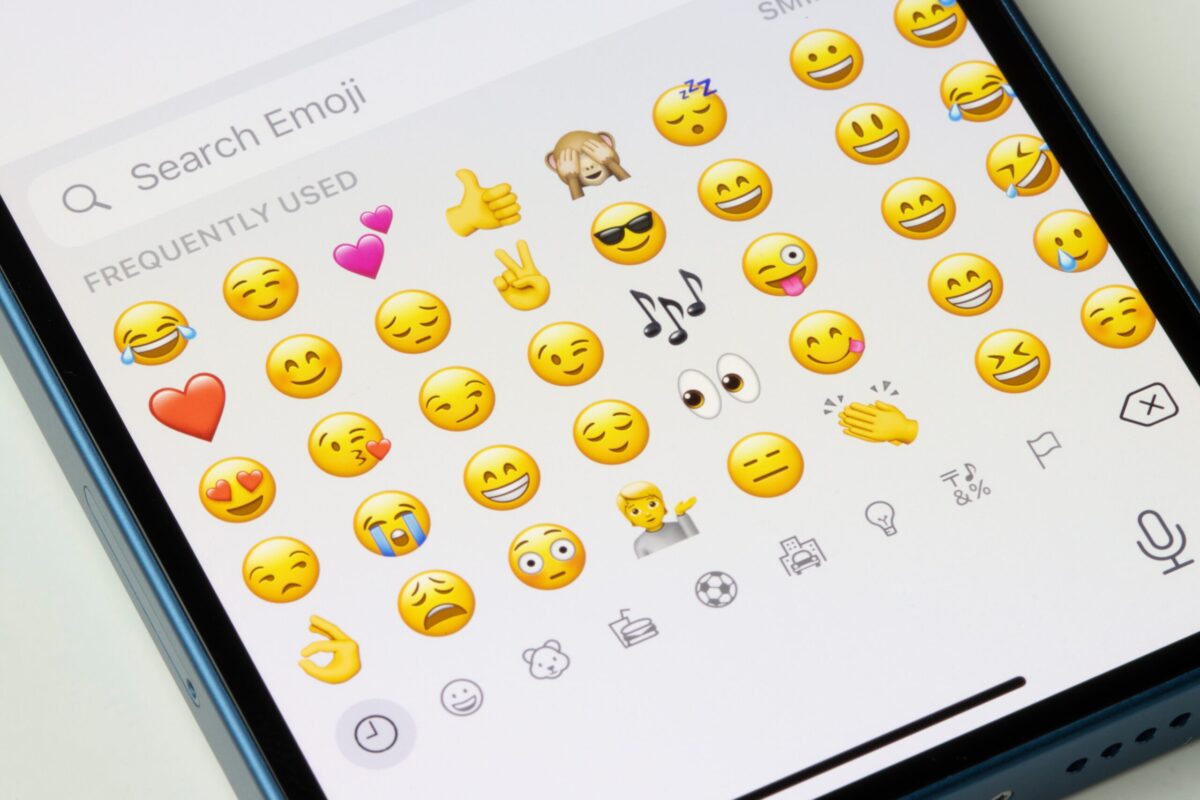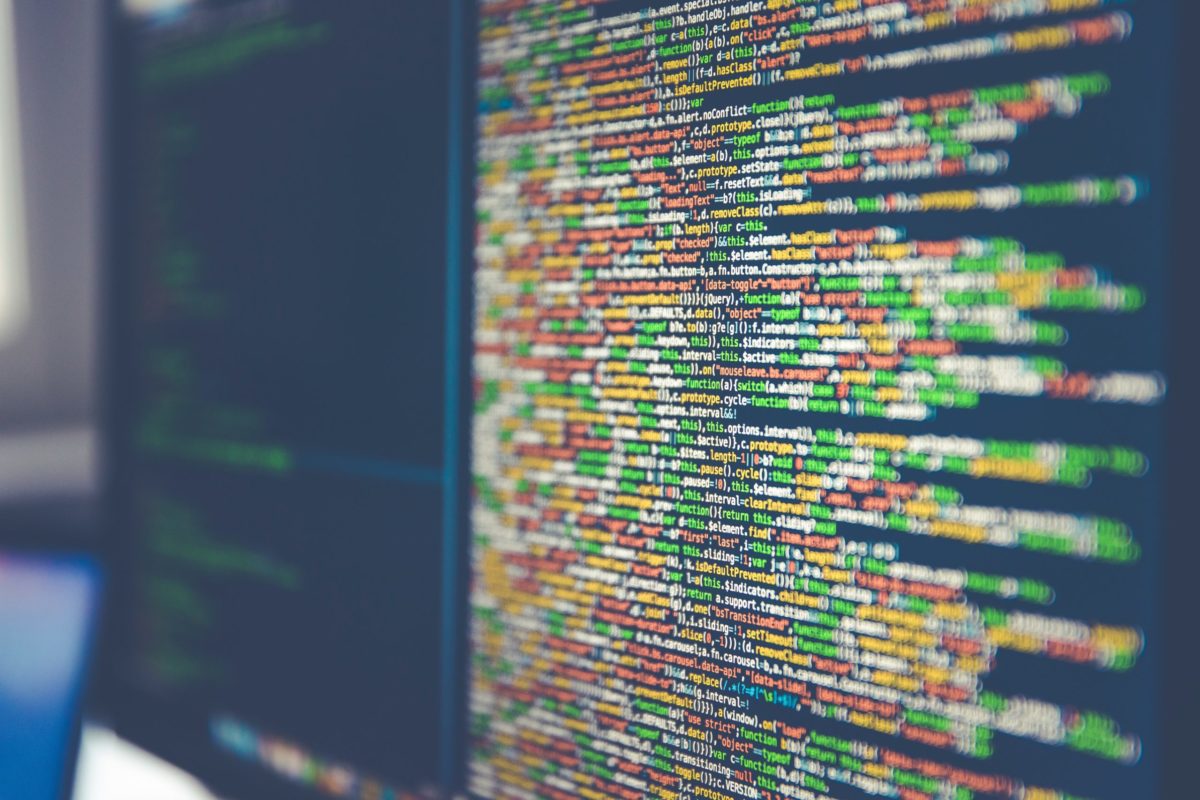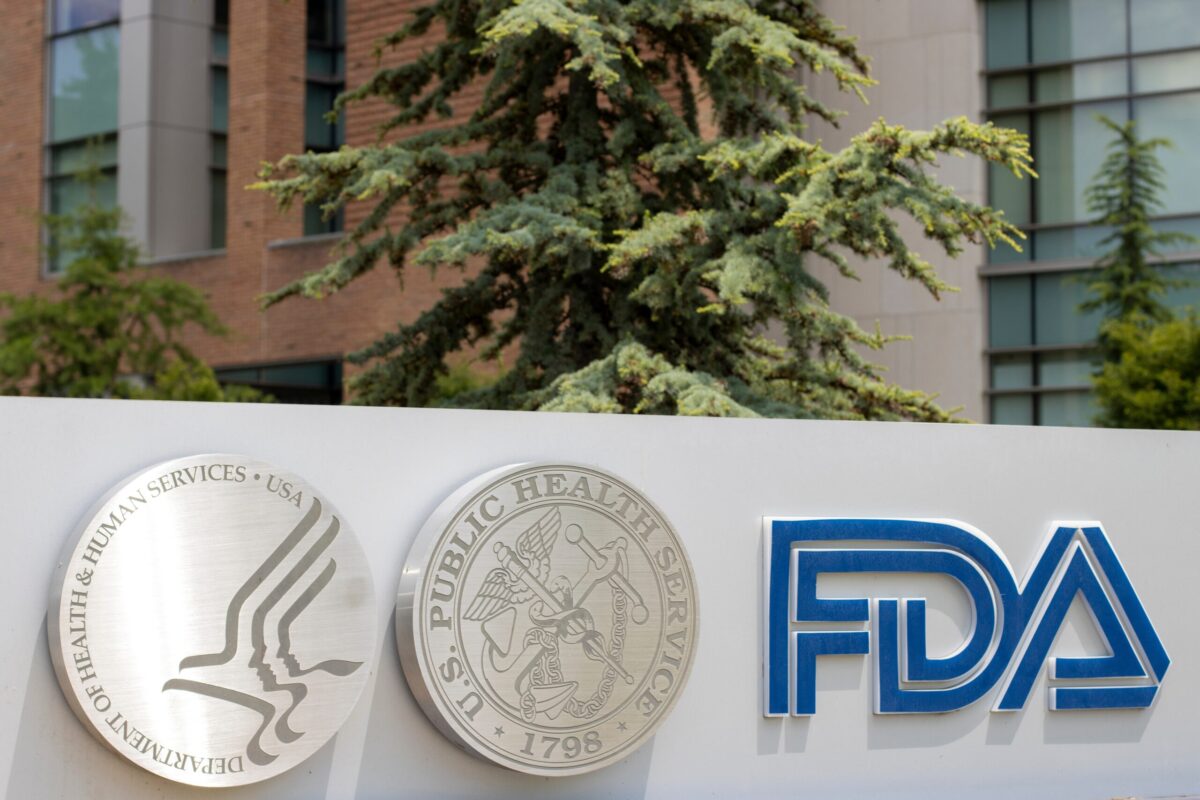AI, Copyright, and Open Science: Health Implications of the New York Times/OpenAI Lawsuit
A rundown of the major legal questions at play in the New York Times-OpenAI lawsuit.

A rundown of the major legal questions at play in the New York Times-OpenAI lawsuit.

AI isn’t magic, but there is value in telling a magical story to non-technical stakeholders to describe how we’ll govern this transformative technology.

Biden’s Executive Order on artificial intelligence is an important development for health care practitioners, researchers, and legal experts.

A thumbs-up 👍 emoji completed a contract. A moon 🌝 emoji might be evidence of securities fraud. What are the emoji laws in health care?

Algorithms used in health care have the potential to improve health outcomes but are susceptible to racial bias.

An overview of the normative landscape of medical AI in Europe, beyond the borders of the EU and its 27 Member States.

The FDA has recently turned its attention to the growing use of artificial intelligence and machine learning in drug development.

What are the risks of using generative AI systems like ChatGPT in medical practice, and who is ultimately held responsible for patient harm?

The Council of Europe’s AI Convention holds the potential of uplifting health and patients’ rights worldwide.

By Matthew Chun In recent months, generative artificial intelligence (AI) has taken the world by storm. AI systems like ChatGPT and Stable Diffusion have captured the imagination of the masses with their impressive and sometimes controversial ability to generate human-like text and artwork. However, it may come as a surprise to some that — in…
